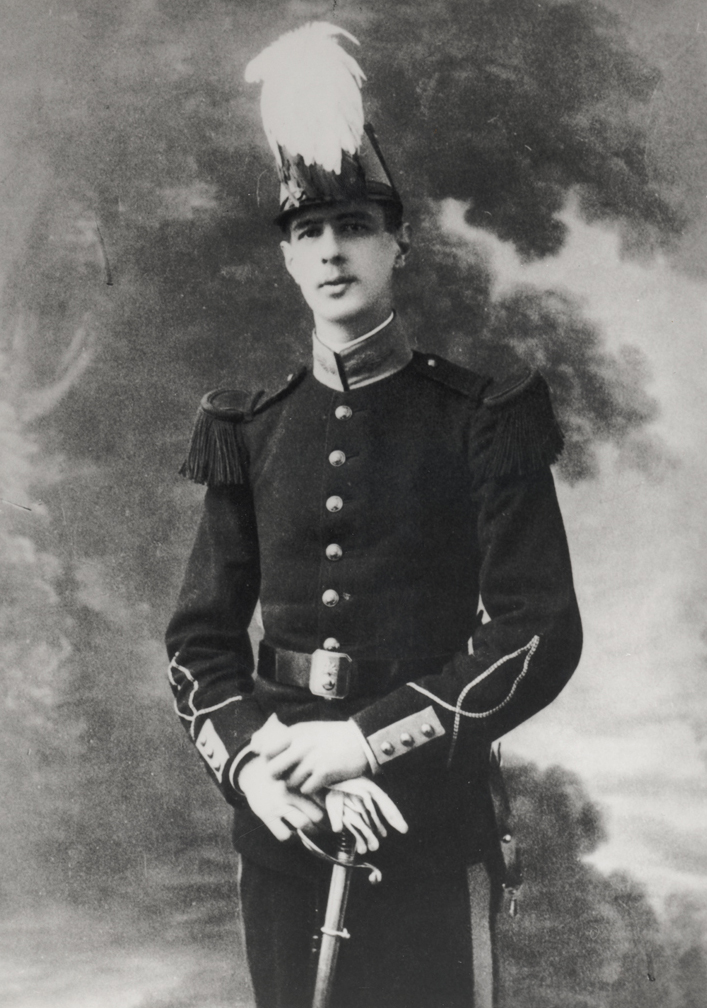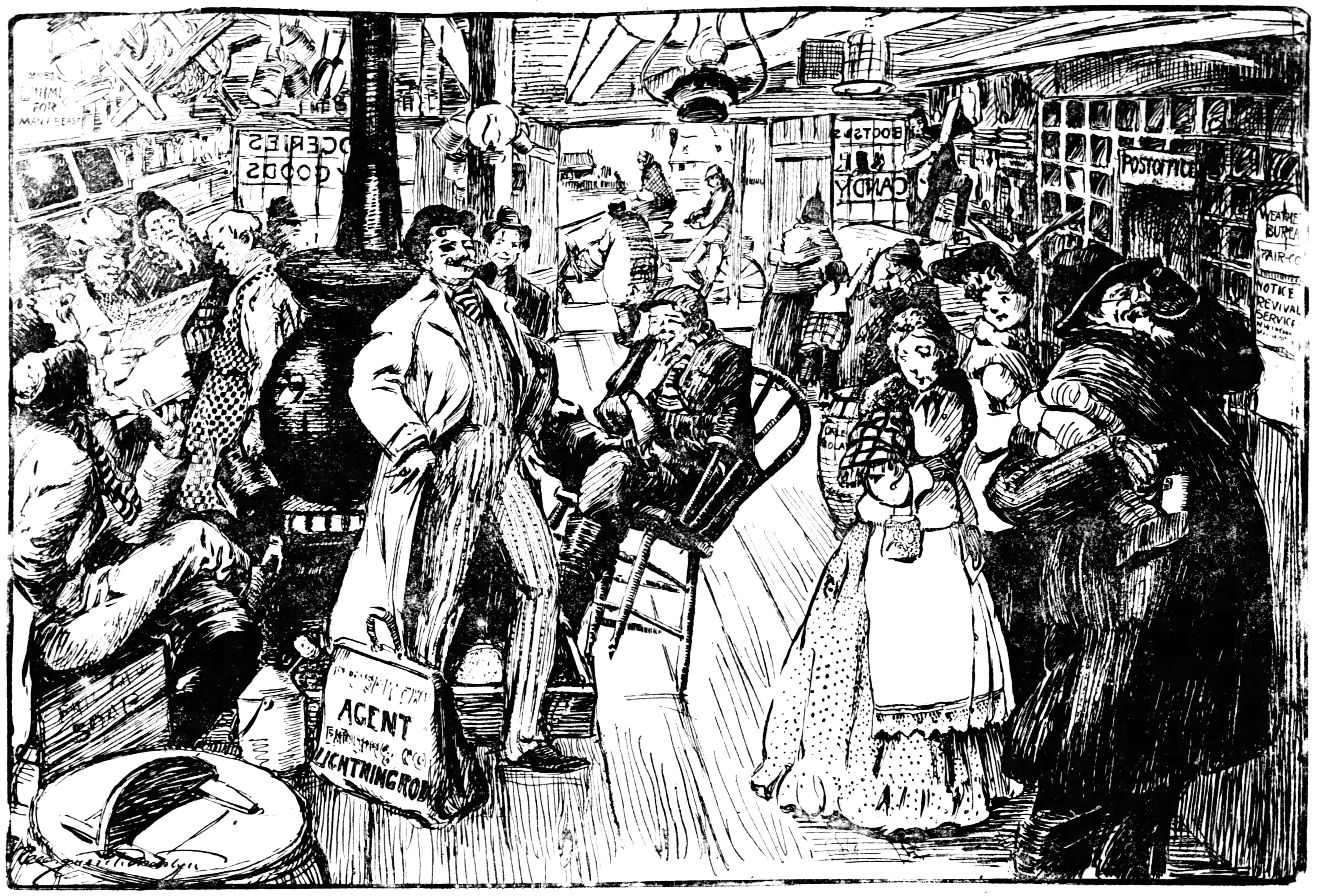|
Le Temps (Paris)
(, ''The Times'') was one of Paris's most important daily newspapers from 25 April 1861 to 30 November 1942. It was a serious paper of record. Founded in 1861 by Edmund Chojecki (writing under the pen name "Charles Edmond") and Auguste Nefftzer, was under Nefftzer's direction for ten years, when took his place, and for nearly 45 years directed the newspaper with an iron hand until his death in 1914. He was succeeded by his sons Émile (1914), and Adrien Jr. (1925) and by Louis Mills (1929). Soon after Mills's death in 1931, became a public limited company. Adrien Hébrard and his successors left substantial freedom to the editorial room and the newspaper had the reputation of keeping its journalists for a long time. always remained moderate politically. The early issues of the newspaper reflected Nefftzer's liberal philosophy and had considerable trouble achieving readership. He frequently had to turn to friends in Alsace who were able to help support financially. Eventua ... [...More Info...] [...Related Items...] OR: [Wikipedia] [Google] [Baidu] |
Soudan Français-Binger
Soudan may refer to: * The French name (and former English name) for the country of Sudan * The French name for French Sudan (present-day Mali) * Archaic spelling for the Sudan (region), region of Sudan * Soudan, Minnesota, Soudan, Minnesota, an unincorporated town near Tower, Minnesota, Tower, Minnesota, US ** The Soudan Mine, a former iron mine, now part of a state park ** Soudan 1 and Soudan 2, particle detectors located in the Soudan Mine * Soudan Banks, a group of reefs in the Indian Ocean, off East Africa * Fereej Al Soudan, a district in Qatar ;Communes in France * Soudan, Loire-Atlantique * Soudan, Deux-Sèvres ;Surname * Arlette Soudan-Nonault, Congolese journalist and politician * Eugène Soudan (1880–1960), Belgian jurist and politician * Mohamed Soudan (born 1956), senior member of the Egyptian Muslim Brotherhood * Tim Soudan (born 1968), lacrosse coach and former player {{disambig de:Sudan (Begriffsklärung) ... [...More Info...] [...Related Items...] OR: [Wikipedia] [Google] [Baidu] |
Charles De Gaulle
Charles André Joseph Marie de Gaulle (22 November 18909 November 1970) was a French general and statesman who led the Free France, Free French Forces against Nazi Germany in World War II and chaired the Provisional Government of the French Republic from 1944 to 1946 to restore democracy in France. In 1958, amid the May 1958 crisis in France, Algiers putsch, he came out of retirement when appointed Prime Minister of France, Prime Minister by President René Coty. He rewrote the Constitution of France and founded the French Fifth Republic, Fifth Republic after approval by 1958 French constitutional referendum, referendum. He was elected President of France later that year, a position he held until his resignation in 1969. Born in Lille, he was a decorated officer of World War I, wounded several times and taken prisoner of war (POW) by the Germans. During the interwar period, he advocated mobile armoured divisions. During the German invasion of May 1940, he led an armoured divisi ... [...More Info...] [...Related Items...] OR: [Wikipedia] [Google] [Baidu] |
Contemporary French History
Contemporary history, in English-language historiography, is a subset of modern history that describes the historical period from about 1945 to the present. In the social sciences, contemporary history is also continuous with, and related to, the rise of postmodernity. Contemporary history is politically dominated by the Cold War (1947–1991) between the Western Bloc, led by the United States, and the Eastern Bloc, led by the Soviet Union. The confrontation spurred fears of a nuclear war. An all-out "hot" war was avoided, but both sides intervened in the internal politics of smaller nations in their bid for global influence and via proxy wars. The Cold War ultimately ended with the Revolutions of 1989 and the dissolution of the Soviet Union in 1991. The latter stages and aftermath of the Cold War enabled the democratization of much of Europe, Africa, and Latin America. Decolonization was another important trend in Southeast Asia, the Middle East, and Africa as new s ... [...More Info...] [...Related Items...] OR: [Wikipedia] [Google] [Baidu] |
French Third Republic
The French Third Republic (, sometimes written as ) was the system of government adopted in France from 4 September 1870, when the Second French Empire collapsed during the Franco-Prussian War, until 10 July 1940, after the Fall of France during World War II led to the formation of the Vichy France, Vichy government. The French Third Republic was a parliamentary republic. The early days of the French Third Republic were dominated by political disruption caused by the Franco-Prussian War of 1870–1871, which the French Third Republic continued to wage after the fall of Emperor Napoleon III in 1870. Social upheaval and the Paris Commune preceded the final defeat. The German Empire, proclaimed by the invaders in Palace of Versailles, annexed the French regions of Alsace (keeping the ) and Lorraine (the northeastern part, i.e. present-day Moselle (department), department of Moselle). The early governments of the French Third Republic considered French Third Restoration, re-establi ... [...More Info...] [...Related Items...] OR: [Wikipedia] [Google] [Baidu] |
Second French Empire
The Second French Empire, officially the French Empire, was the government of France from 1852 to 1870. It was established on 2 December 1852 by Louis-Napoléon Bonaparte, president of France under the French Second Republic, who proclaimed himself Emperor of the French as Napoleon III. The period was one of significant achievements in infrastructure and economy, while France reasserted itself as the dominant power in Europe. Historians in the 1930s and 1940s disparaged the Second Empire as a precursor of fascism, but by the late 20th century it was re-evaluated as an example of a modernizing regime. Historians have generally given the Second Empire negative evaluations on its foreign policy, and somewhat more positive assessments of domestic policies, especially after Napoleon III liberalised his rule after 1858. He promoted French business and exports. The greatest achievements included a railway network that facilitated commerce and tied the nation together with Paris a ... [...More Info...] [...Related Items...] OR: [Wikipedia] [Google] [Baidu] |
Defunct Newspapers Published In France
Defunct may refer to: * ''Defunct'' (video game), 2014 * Zombie process or defunct process, in Unix-like operating systems See also * * :Former entities * End-of-life product In Industry (economics), industry, product lifecycle management (PLM) is the process of managing the entire lifecycle of a product from its inception through the Product engineering, engineering, Product design, design, and Manufacturing, ma ... * Obsolescence {{Disambiguation ... [...More Info...] [...Related Items...] OR: [Wikipedia] [Google] [Baidu] |
Newspapers Disestablished In 1942
A newspaper is a Periodical literature, periodical publication containing written News, information about current events and is often typed in black ink with a white or gray background. Newspapers can cover a wide variety of fields such as politics, business, sports, art, and science. They often include materials such as opinion columns, weather forecasts, reviews of local services, Obituary, obituaries, birth notices, crosswords, editorial cartoons, comic strips, and advice columns. Most newspapers are businesses, and they pay their expenses with a mixture of Subscription business model, subscription revenue, Newsagent's shop, newsstand sales, and advertising revenue. The journalism organizations that publish newspapers are themselves often Metonymy, metonymically called newspapers. Newspapers have traditionally been published Printing, in print (usually on cheap, low-grade paper called newsprint). However, today most newspapers are also Electronic publishing, published on webs ... [...More Info...] [...Related Items...] OR: [Wikipedia] [Google] [Baidu] |
Newspapers Established In 1861
A newspaper is a periodical publication containing written information about current events and is often typed in black ink with a white or gray background. Newspapers can cover a wide variety of fields such as politics, business, sports, art, and science. They often include materials such as opinion columns, weather forecasts, reviews of local services, obituaries, birth notices, crosswords, editorial cartoons, comic strips, and advice columns. Most newspapers are businesses, and they pay their expenses with a mixture of subscription revenue, newsstand sales, and advertising revenue. The journalism organizations that publish newspapers are themselves often metonymically called newspapers. Newspapers have traditionally been published in print (usually on cheap, low-grade paper called newsprint). However, today most newspapers are also published on websites as online newspapers, and some have even abandoned their print versions entirely. Newspapers developed in the 17th ... [...More Info...] [...Related Items...] OR: [Wikipedia] [Google] [Baidu] |
1942 Disestablishments In France
Year 194 ( CXCIV) was a common year starting on Tuesday of the Julian calendar. At the time, it was known as the Year of the Consulship of Septimius and Septimius (or, less frequently, year 947 ''Ab urbe condita''). The denomination 194 for this year has been used since the early medieval period, when the Anno Domini calendar era became the prevalent method in Europe for naming years. Events By place Roman Empire * Decimus Clodius Septimius Albinus Caesar became a Roman Consul. * Battle of Issus: Septimius Severus marches with his army (12 legions) to Cilicia, and defeats Pescennius Niger, Roman governor of Syria. Pescennius retreats to Antioch, and is executed by Severus' troops. * Septimius Severus besieges Byzantium (194–196); the city walls suffer extensive damage. Asia * Battle of Yan Province: Warlords Cao Cao and Lü Bu fight for control over Yan Province; the battle lasts for over 100 days. * First year of the ''Xingping'' era during the Han Dynasty in Ch ... [...More Info...] [...Related Items...] OR: [Wikipedia] [Google] [Baidu] |
1861 Establishments In France
This year saw significant progress in the Unification of Italy, the outbreak of the American Civil War, and the emancipation reform abolishing serfdom in the Russian Empire. Events January * January 1 ** Benito Juárez captures Mexico City. ** The first steam-powered carousel is recorded, in Bolton, England. * January 2 – Friedrich Wilhelm IV of Prussia dies, and is succeeded by Wilhelm I. American Civil War: ** January 3 – Delaware votes not to secede from the Union. ** January 9 – Mississippi becomes the second state to secede from the Union. ** January 10 – Florida secedes from the Union. ** January 11 – Alabama secedes from the Union. ** January 12 – Major Robert Anderson sends dispatches to Washington. ** January 19 – Georgia secedes from the Union. ** January 21 – Jefferson Davis resigns from the United States Senate. ** January 26 – Louisiana secedes from the Union. * January 29 – Kansas is admitted ... [...More Info...] [...Related Items...] OR: [Wikipedia] [Google] [Baidu] |
History Of French Journalism
Newspapers have played a major role in French politics, economy and society since the 17th century. 1789–1815: Revolutionary era Pre- and early Revolution Print media played a significant role in the formation of popular public opinion towards the monarchy and Old Regime. Under the Old Regime, France had a small number of heavily censored newspapers which needed royal licenses to operate; papers without licenses had to operate underground. Both the brief public opinion pamphlets and daily life periodicals were reviewed and edited heavily in order to indirectly influence the people, even hiring writers for such propaganda. Radical Republican journalism experienced a dramatic proliferation as the Estates General convened: “in that month [May 1789] over a hundred pamphlets appeared… and the figure rose to 300 in June”. Between 1789 and 1799, over 1,300 new newspapers had emerged, combined with a large demand for pamphlets and periodical literature, which caused a flowering ... [...More Info...] [...Related Items...] OR: [Wikipedia] [Google] [Baidu] |




